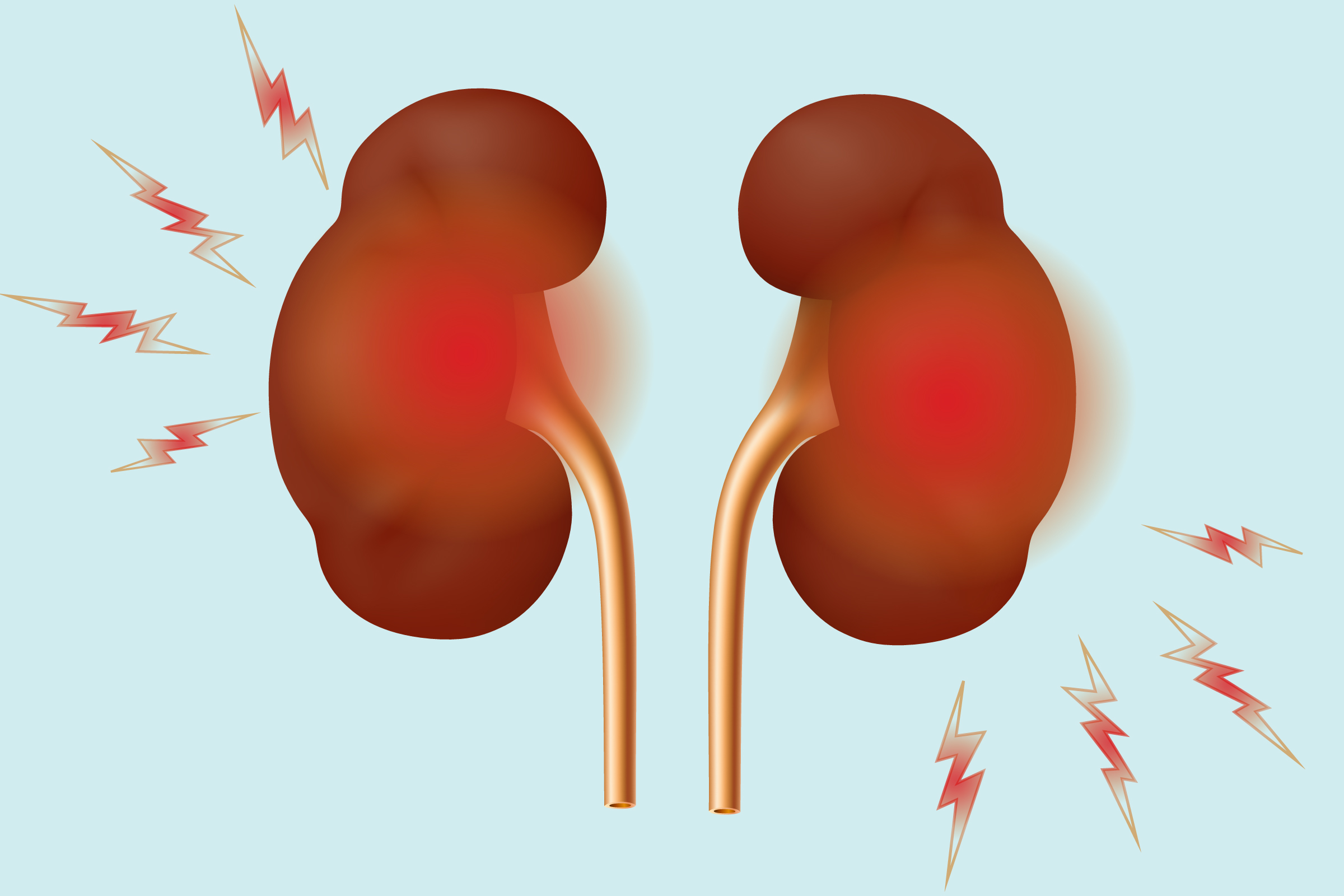Kidney disease -Silent signs so you can protect yourself
Learn the 5 silent signs of kidney disease so you can protect yourself and stay healthy

Kidneys are like the unsung heroes of our body, excreting waste and excess materials while also regulating salt, potassium and acid levels, keeping blood pressure normal, increasing vitamin D levels in the body. And red blood cells also remain at a balanced level. But kidney diseases can be very painful and even life-threatening
The symptoms of kidney damage are quite obvious, but by the time people pay attention to them, there is a lot of damage. Many times, the kidneys are about to die, even if the symptoms do not appear, it can be avoided. Therefore, keeping blood sugar and blood pressure under control is the best preventive measure. However, knowing the silent symptoms of kidney diseases can also lead to saving lives, which should be referred to a doctor as soon as they appear.
The function of the kidneys is to remove waste from the body in the form of fluids or urine, if the kidneys function slowly or do not work, this fluid starts to accumulate in the body, resulting in permanent swelling in some parts of the body such as the feet.
Decreased urination leads to kidney disease
Kidneys excrete most of the waste in the form of urine and if there is a problem in this organ, the urine usually starts to decrease which can be a sign of kidney disease.
Excessive tiredness or sleepiness
Kidney functions also include regulating a person’s hemoglobin levels, when this process is affected, blood loss occurs, resulting in low physical energy and feeling very tired or sleepy all the time.
Loss of appetite, nausea or trouble thinking
:max_bytes(150000):strip_icc()/reverse-kindney-disease-GettyImages-1257900987-5cd40d297f7b4147a2ce61e0838f2bda.jpg)
These problems occur when the waste starts to accumulate in the body system instead of being eliminated from the body and starts affecting other parts of the body like the stomach and brain.
Increased blood pressure
Once the kidneys are damaged, they can no longer control blood pressure effectively, resulting in increased blood pressure in the arteries which weakens the arteries and further damages the kidneys.
Heart palpitations
If the kidneys are damaged, the amount of potassium in the body begins to increase, which manifests itself in the form of an abnormally fast heart rate. If the kidneys are damaged, the amount of potassium in the body begins to increase, which manifests itself in the form of an abnormally fast heart rate.
